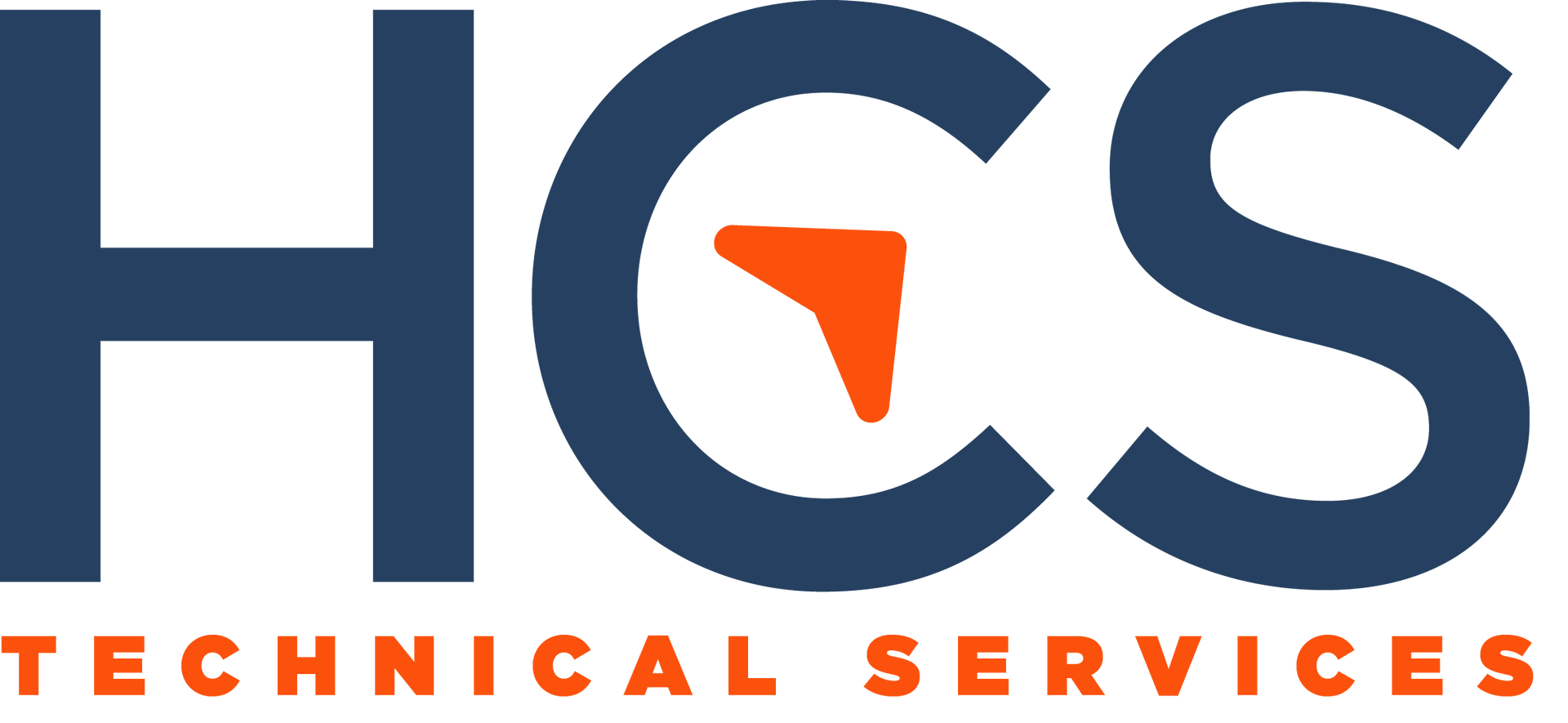How to Set Up AI Rules for Your Team: Unlock Productivity, Efficiency, and Minimize Risks
AI Rules for Your Business: A Guide to Success

Artificial intelligence (AI) is reshaping how businesses operate. It's a powerful tool that promises to make your team more productive, your customer service more responsive, and your decision-making sharper. However, like any significant shift, the introduction of AI needs careful management. Clear "AI rules" provide a framework that maximizes the benefits while minimizing potential disruptions and concerns.
Why Clear Rules are the Key to AI Success
Without guidelines, there's a risk that AI use can create more problems than it solves. Imagine staff unsure when and how to use AI, worried about ethical implications, or even fearing AI could lead to job losses. Clear rules not only prevent these issues but actively encourage your team to embrace AI as a valuable partner, boosting productivity across the board.
9 Tips for Setting Up Effective AI Rules
Let's get down to the details. Here's how to create AI guidelines that work:
- Clearly Define Your Vision for AI - Before you even mention AI to your staff, get crystal clear on why you're using it. Does it support sales goals? Streamline processes? Ensure better data use? Communicating this vision gives everyone a shared understanding, preventing disjointed and inefficient AI adoption.
- Establish Ethical Foundations - AI raises ethical questions about data use, bias, and accountability. Develop a robust ethics policy, informed by your company values, guiding how AI is developed and used. This builds trust with your team, your customers, and society as a whole.
- Get Everyone Involved - Don't dictate AI rules from the top down. Include employees from different departments in the discussion. This way, rules address real-world concerns and challenges, fostering a sense of ownership that ensures greater compliance.
- Assign Clear Roles & Responsibilities - AI doesn't run itself! Define who's accountable for design, development, upkeep, and auditing of your AI systems. Make sure staff understand who to turn to with issues, and who is ultimately responsible for the successes and failures of its use.
- Training is Key - Don't expect your team to become AI experts overnight. Provide ongoing training and resources about basic AI concepts, how it's used specifically in your business, and how to interact with the systems responsibly.
- Prioritize Data Security & Privacy - Explain how you protect sensitive client and staff data. Strict adherence to privacy regulations builds trust and reassures everyone that AI isn't being misused.
- Create a Feedback Loop - Employees are your 'frontline' AI users. Make it easy for them to provide feedback, raise concerns, and suggest improvements. This keeps your AI rules evolving and relevant.
- Regular Reviews & Updates - AI technology moves fast. Set up a schedule to review and refine your AI rules, ensuring they stay aligned with your business needs and reflect the latest best practices.
- Fostering a Growth Mindset - Some employees might feel threatened by AI. Emphasize that these tools are here to enhance their work, not replace them. Encourage them to see AI as a way to tackle tedious tasks, freeing them up for higher-value, creative work.
Expert Guidance for AI Success
Implementing AI successfully takes more than technology; it's a cultural shift within your organization. If you'd like a partner to help navigate this exciting transition, contact us at HCS. We'll help you develop a tailored AI strategy and create the guidelines that make AI a driving force for your business.
HCS Technical Services











